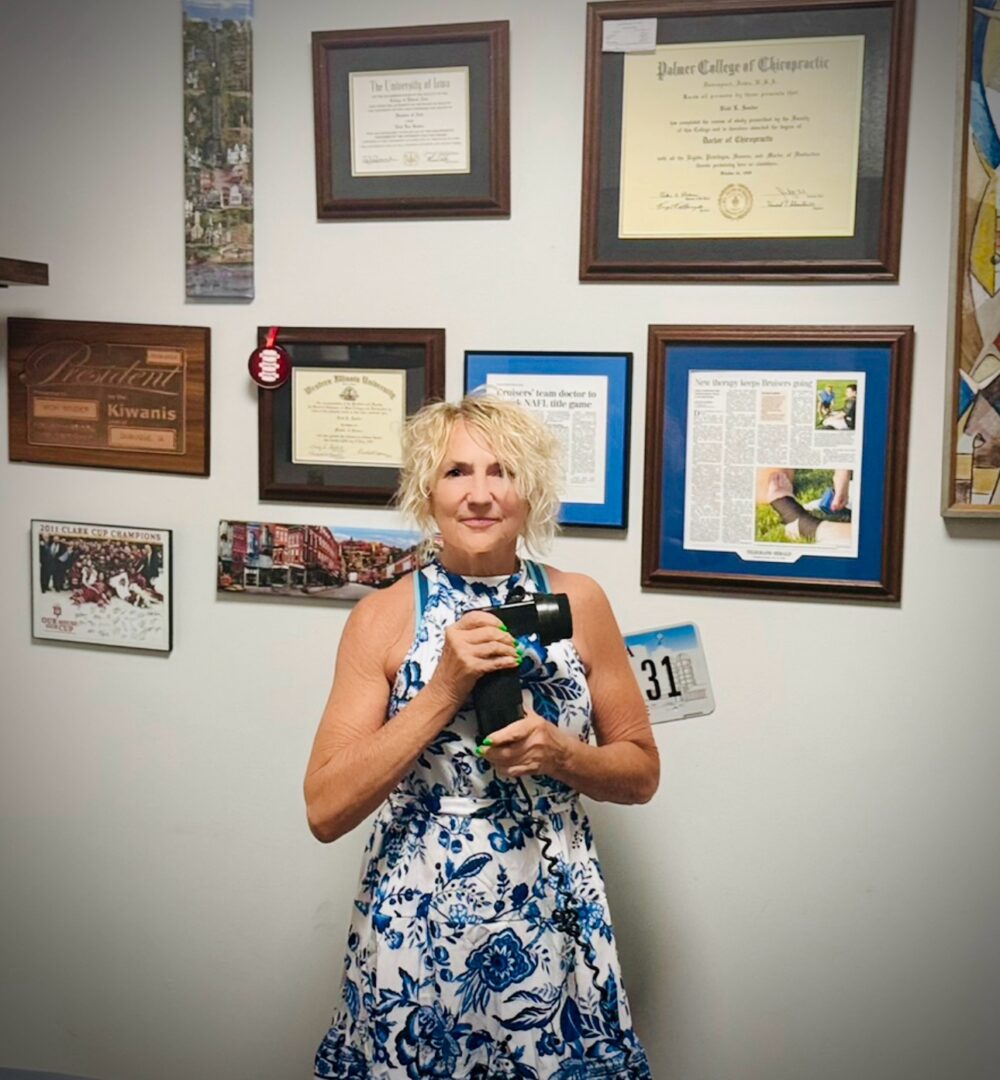We caught up with the brilliant and insightful Vicki Souder a few weeks ago and have shared our conversation below.
Vicki , thank you so much for joining us today. Let’s jump right into something we’re really interested in hearing about from you – being the only one in the room. So many of us find ourselves as the only woman in the room, the only immigrant or the only artist in the room, etc. Can you talk to us about how you have learned to be effective and successful in situations where you are the only one in the room like you?
When you’re the only one in the room who thinks like you, sees the body like you, or practices like you—it can feel isolating at first. But over time, I learned that’s not a weakness. That’s the superpower.
I didn’t get where I am by following what everyone else was doing. I got here by knowing what I stood for: integrity, education, precision, and empathy. My work ethic was shaped early by my father—he demanded excellence, and not just the kind you can show on a resume. He believed in doing the right thing even when nobody’s watching. That stuck with me.
When I moved from Iowa to Colorado, it was like I hit a brick wall. Back in my small town, everyone knew me—I had built trust, I had visibility. But in Colorado? I had to rebuild from scratch. I had to prove myself all over again in a market that didn’t know me and didn’t expect much from someone who wasn’t doing things the “usual way.”
But I stayed true to what made me different.
I don’t run a cookie-cutter practice. I don’t just treat spines—I treat people. I dive into neurology, biomechanics, posture, and emotion. I look at the whole system, not just the symptoms. And that sets me apart in a field where too many rely on short appointments and preset routines.
So being the only one in the room? I’ve learned to own that. It means I’m doing something others aren’t. It means I bring a perspective no one else can replicate. And it means that when patients finally find me, they feel seen, understood, and cared for in a way they haven’t experienced before.
I may be the only one in the room who does what I do the way I do it—but that’s exactly the point.
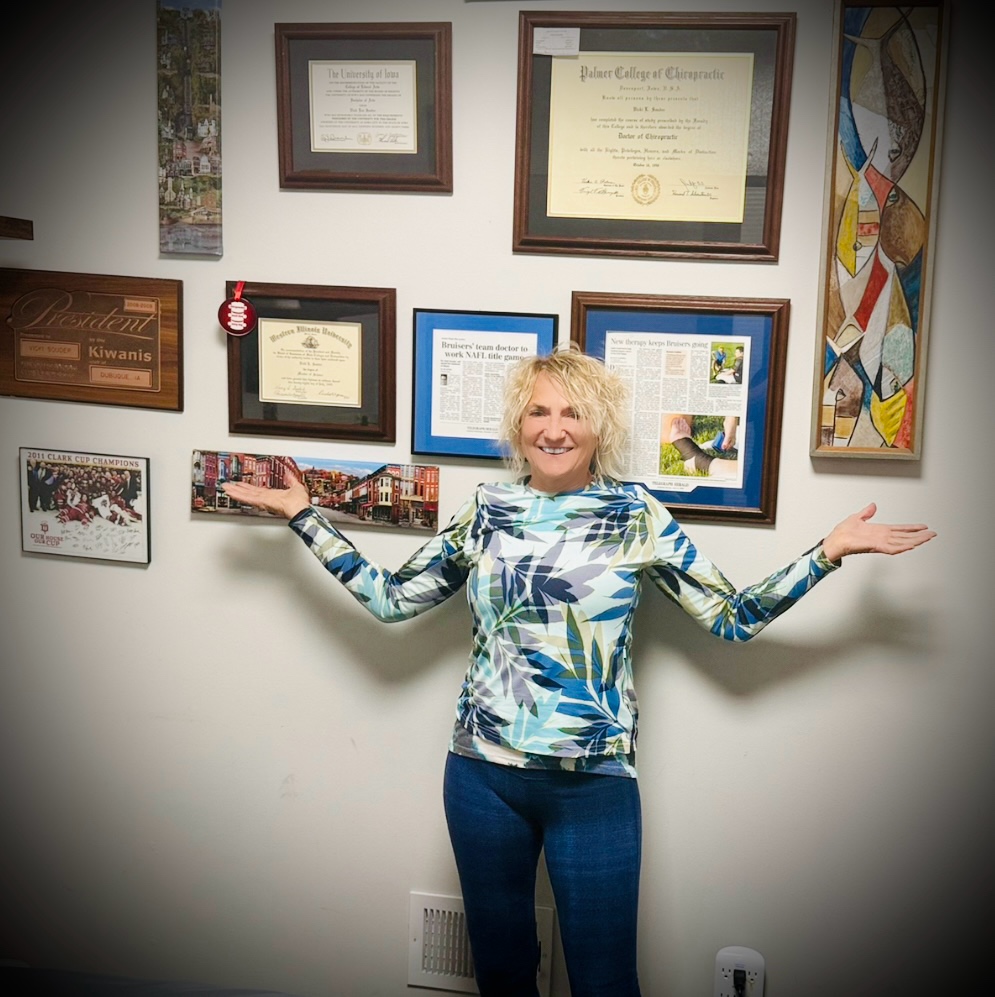
Appreciate the insights and wisdom. Before we dig deeper and ask you about the skills that matter and more, maybe you can tell our readers about yourself?
I’m a neurological chiropractor—but probably not the kind you’re picturing.
I don’t just work on the spine. I work on the nervous system. I treat the structure, the posture, the balance, the brain, the pain patterns, and everything in between. My approach is full-body, brain-first, and results-driven. I don’t do quick fixes. I do real ones.
What excites me most is watching someone come in who’s been to five, six, even ten other providers—and within a few sessions, they finally feel hope. Not just temporary relief, but actual progress. That never gets old.
What’s special about my practice is the depth of care and the level of attention each person receives. I don’t believe in one-size-fits-all care. Every patient is unique. I treat the person, not just the pain. That mindset is baked into everything I do—from how I assess, to how I explain the process, to the personalized protocols I design.
I’ve invested years in continuing education and advanced training so that I never have to guess. I use tools most chiropractors don’t. I see things many providers miss. And I take the time to explain those things to my patients so they’re part of the healing process, not just a passenger in it.
Right now, I’m expanding my neurological rehab programs, especially for patients dealing with chronic pain, postural instability, balance issues, and neurological conditions that don’t respond to conventional treatment. I’m also integrating more brain-based therapies and laser protocols that are already showing incredible results.
People often walk into my practice saying, “I’ve tried everything.” My goal is to make sure they never have to say that again.
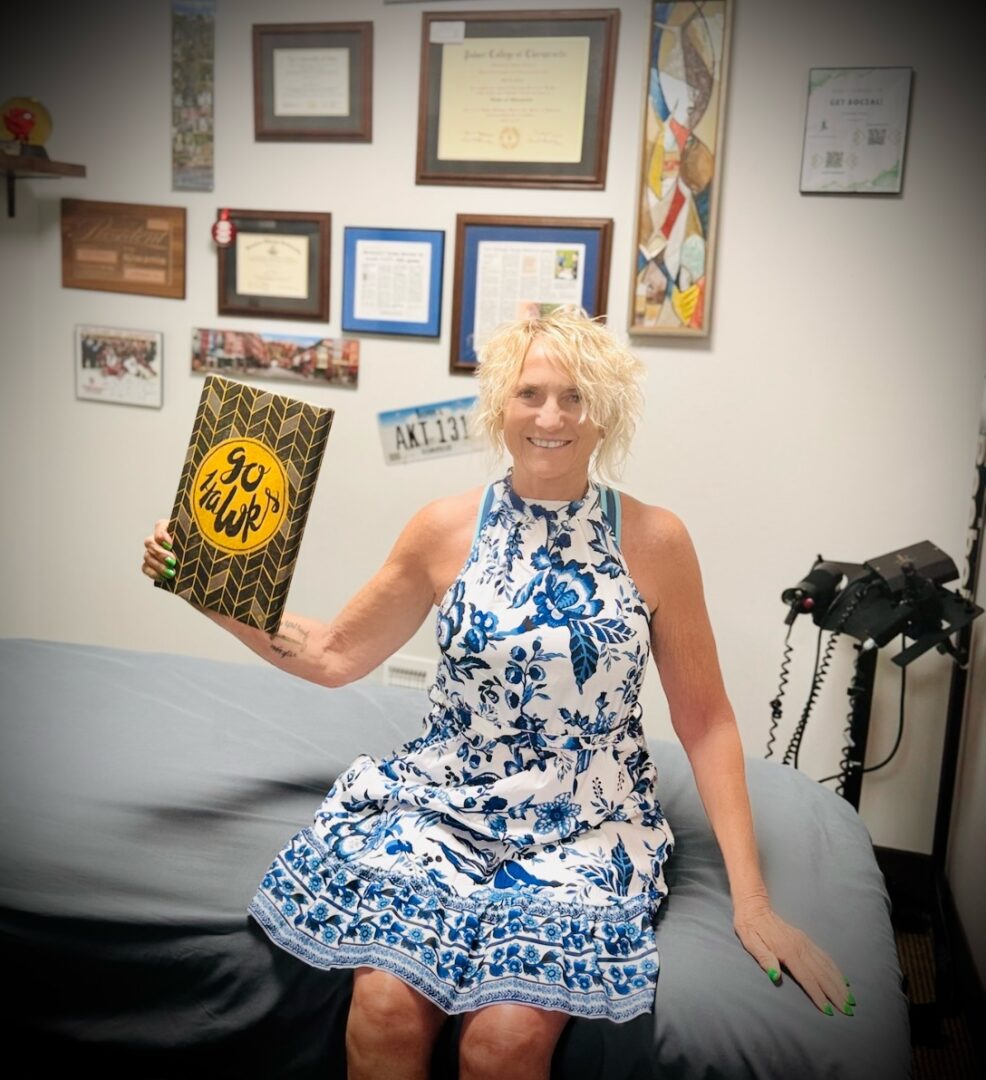
If you had to pick three qualities that are most important to develop, which three would you say matter most?
If I had to narrow it down to three things that truly shaped my journey, it would be: work ethic, emotional intelligence, and deep curiosity.
1. Work Ethic:
That came from my father. He didn’t let me take shortcuts. He taught me to show up even when it was hard—even when no one was watching. In business, in healthcare, and in life, consistency will take you further than talent ever will. My advice to anyone just starting out? Outwork your excuses. The market might be saturated, but there’s always room for excellence.
2. Emotional Intelligence:
Being able to read people, to listen—really listen—and meet them where they are emotionally has changed how I practice. Patients don’t just need adjustments. They need understanding, trust, and someone who doesn’t make them feel rushed or dismissed. For new practitioners: Don’t underestimate the value of empathy. It’s not soft—it’s strategic. It’s what keeps people coming back.
3. Deep Curiosity:
I never wanted to be average. I wanted to understand how things worked. I asked more questions. I took more courses. I looked deeper when others were satisfied with surface answers. That mindset led me into biomechanics, neurology, posture science—all things that now define my practice. My advice? Never stop learning. The second you think you know everything, you’ve already fallen behind.
If you commit to those three—working hard, caring deeply, and always staying curious—you’ll carve out your own lane. You won’t need to compete in someone else’s.
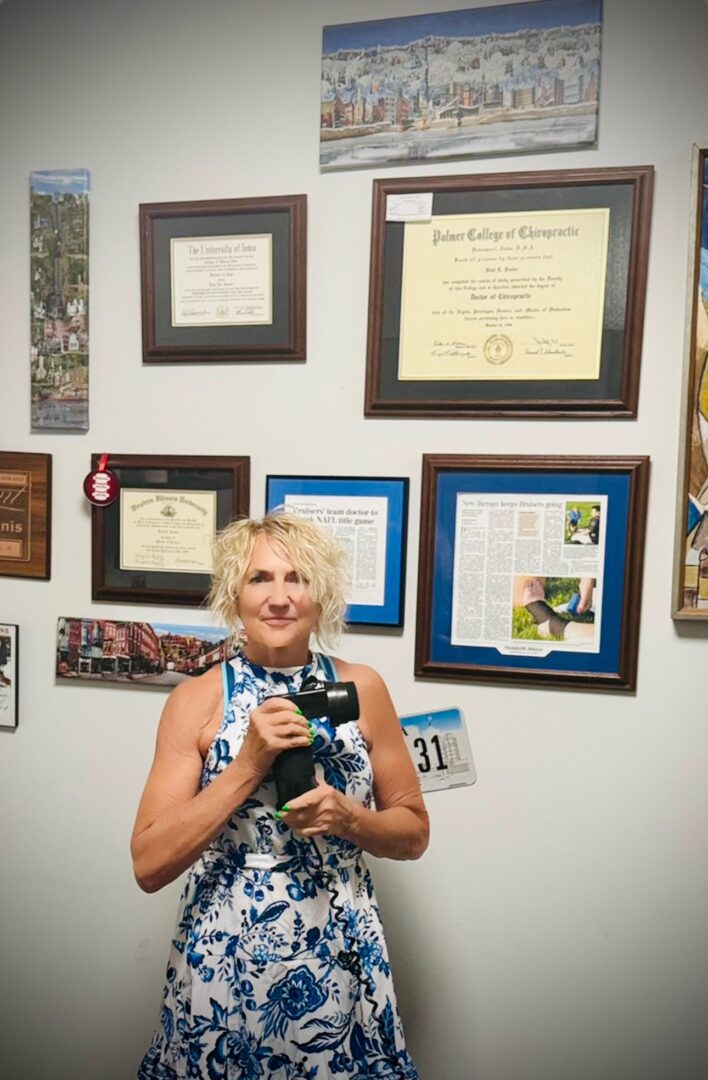
Alright so to wrap up, who deserves credit for helping you overcome challenges or build some of the essential skills you’ve needed?
Without question—my dad.
He was the one who pushed me when I didn’t want to be pushed. He was the one who saw things in me long before I saw them in myself. When I was younger, I didn’t understand why he was so insistent about education, structure, and work ethic. I resisted it. I thought I knew better. But now I realize he wasn’t just giving me direction—he was giving me tools.
He gave me grit, discipline, and the ability to navigate pressure without folding. And those qualities didn’t just help me professionally—they shaped who I am as a person.
Even now, when I hit a wall or feel uncertain, I still hear his voice reminding me to keep going, to do it the right way even when the easy way is right there. That voice—his voice—is what’s kept me aligned, focused, and grounded, especially through the biggest transitions in my life.
So while there have been mentors, teachers, and colleagues who’ve helped along the way, my dad was the original blueprint. And I carry that with me in every room I walk into.
Contact Info:
- Website: https://souderchiropractic.com
- Instagram: https://www.instagram.com/souderchiropractic?igsh=MWQ3Z2Z2cHBlbzk2ZQ==
- Facebook: https://www.facebook.com/painlessdrvicki?mibextid=wwXIfr
- Youtube: https://www.youtube.com/@Souderchiropractic
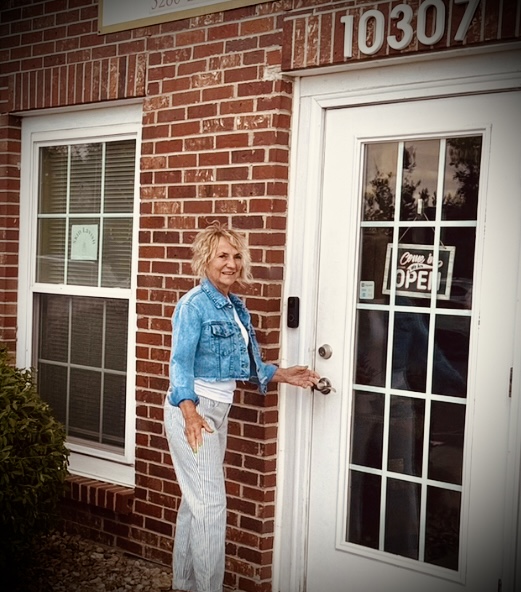
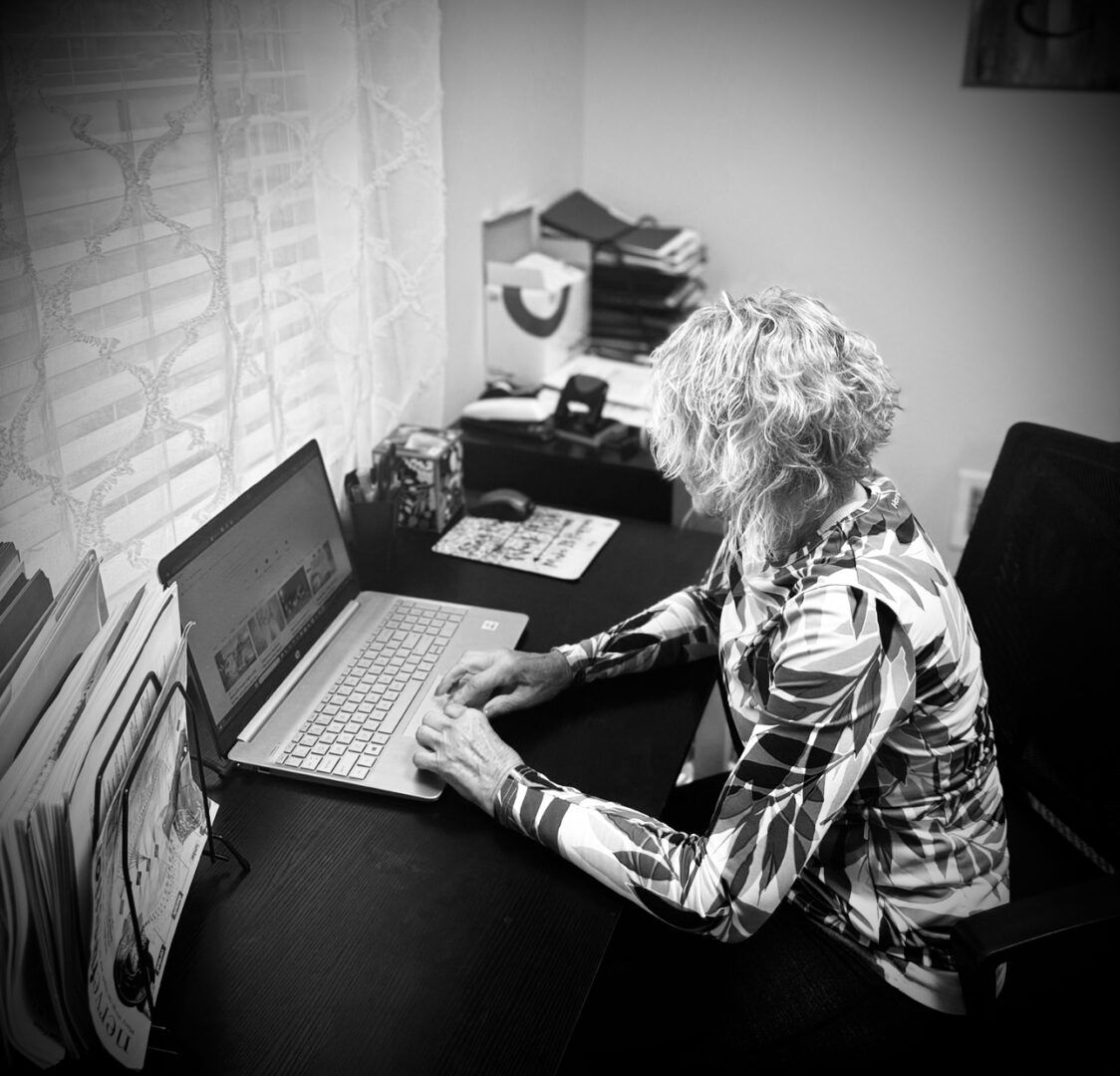
so if you or someone you know deserves recognition please let us know here.

